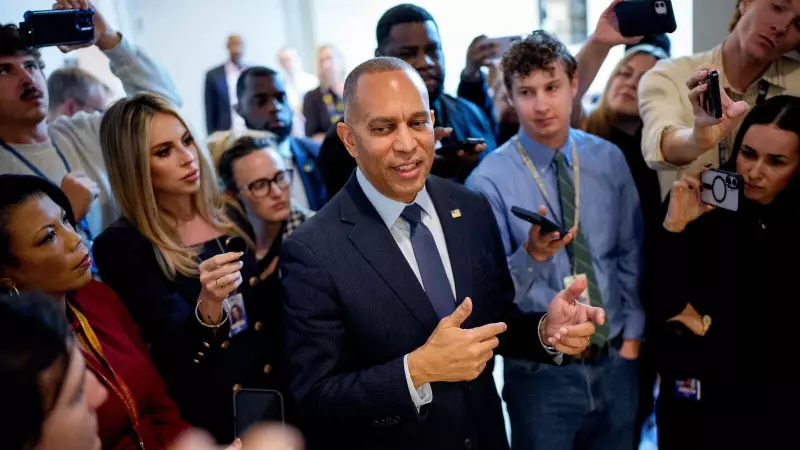
The United States stands on the brink of a nutritional catastrophe as a potential government shutdown threatens to disrupt essential food assistance programs that millions of American families depend on for survival.
Immediate Threat to Vital Nutrition Programs
With the federal government moving closer to a shutdown, critical food aid initiatives including the Supplemental Nutrition Assistance Program (SNAP) and the Women, Infants, and Children (WIC) program face unprecedented uncertainty. State officials across the nation are sounding alarm bells, warning that a prolonged shutdown could have devastating consequences for vulnerable populations.
Who Stands to Lose Most?
The potential disruption threatens the food security of:
- Low-income families relying on SNAP benefits for basic nutrition
- Pregnant women and new mothers enrolled in WIC programs
- Infants and young children who depend on specialized nutrition
- Senior citizens on fixed incomes
- Individuals with disabilities requiring nutritional support
State Governments Sound the Alarm
Governors and state administrators are urgently preparing contingency plans while emphasizing that state resources cannot fully replace federal funding for these massive assistance programs. The timing couldn't be worse, with many families already struggling with rising food costs and economic uncertainty.
Historical Precedent Points to Crisis
Previous government shutdowns have demonstrated the immediate impact on nutrition programs. During the 2018-2019 shutdown, states scrambled to provide emergency funding and faced difficult decisions about benefit reductions and eligibility changes. The current situation appears even more precarious given the ongoing economic challenges.
What Happens Next?
While some states have limited reserve funds to temporarily sustain programs, most lack the resources to maintain benefits for more than a few weeks. The situation creates a race against time in Washington, with political negotiations holding the key to preventing what experts warn could become a humanitarian crisis within American borders.
As the deadline approaches, food banks and community organizations are bracing for increased demand, while millions of American families wait anxiously, uncertain where their next meal will come from if political gridlock prevails.






